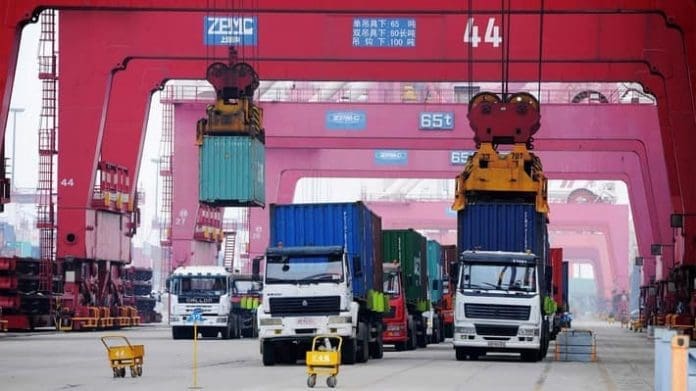Ghana’s largest workers’ union and employers’ association have issued unprecedented joint demands for coordinated policy action to accelerate productivity growth, job creation, and economic transformation across key sectors.
The Trades Union Congress Ghana and Ghana Employers’ Association released a comprehensive statement calling for urgent macroeconomic stability measures and strategic shifts away from extractive industries toward manufacturing, agro-processing, and digital services. The partnership represents a rare alignment between traditionally opposing labor and business interests.
Both organizations cited findings from the Ghana Statistical Service and the International Labour Organization’s Productivity Ecosystems for Decent Work Project, emphasizing that Ghana’s economic transformation has been insufficient and unevenly distributed across regions and sectors.
“We therefore call for a coordinated macroeconomic policy framework that supports domestic production and expands access to capital,” the joint statement declared, highlighting exchange rate volatility and credit constraints as major barriers to enterprise competitiveness and job security.
The organizations proposed a fundamental economic restructuring focusing on productive sectors including health, education, utilities, transport, and digital services rather than continuing dependence on low-employment extractive industries. They advocated for tailored sectoral action plans supported by public-private collaboration and targeted financing mechanisms.
Central to their recommendations is establishing a national wage-productivity adjustment model that integrates sector-specific data into wage negotiations and minimum wage reviews. This approach aims to ensure fair compensation reflects actual productivity growth while maintaining business sustainability across different industries.
The partnership addressed Ghana’s persistent youth unemployment challenge by proposing comprehensive reforms in Technical and Vocational Education and Training systems. Their recommendations include workplace-based learning programs, industry-driven curricula, expanded national apprenticeship schemes, and stronger labor market intermediation services.
With over 80 percent of Ghana’s workforce operating in the informal economy, both organizations endorsed the National Roadmap for transitioning informal businesses and workers into the formal sector. They argued that inclusive growth cannot be achieved without addressing informal sector productivity and resilience.
The joint statement emphasized addressing gender gaps in employment and compensation through performance-based pay systems in both public and private sectors. Special efforts must be made to reward efficiency, innovation, and output while promoting women’s participation in higher-productivity roles.
At the enterprise level, TUC and GEA called for comprehensive productivity audits, innovation adoption programs, and targeted support systems to help micro, small, and medium enterprises transform operations and remain competitive in evolving markets.
The organizations demanded stronger dialogue platforms between labor and management, coupled with better access to timely productivity data from government agencies. They urged the Ghana Statistical Service to regularly release disaggregated productivity statistics to guide collective bargaining and investment planning.
This collaboration builds on the ILO’s Productivity Ecosystems for Decent Work Programme launched in Ghana, which supports workers and employers in raising productivity while improving working conditions in textiles, garments, and shea sectors.
The joint initiative comes as TUC Ghana marks its 80th anniversary, having evolved from traditional wage negotiations to advocating for gender equity and informal sector worker rights. The organization now represents workers in an economy where informal employment dominates.
Economic analysts view the TUC-GEA alignment as potentially transformative for Ghana’s development trajectory, particularly if government adopts their proposed macroeconomic stability framework and sectoral diversification strategies. The partnership could influence upcoming budget allocations and policy priorities.
Industry observers note that successful implementation would require unprecedented coordination between government ministries, private sector stakeholders, and international development partners. The organizations have positioned themselves as key facilitators for this comprehensive economic transformation agenda.
Source: newsghana.com.gh











